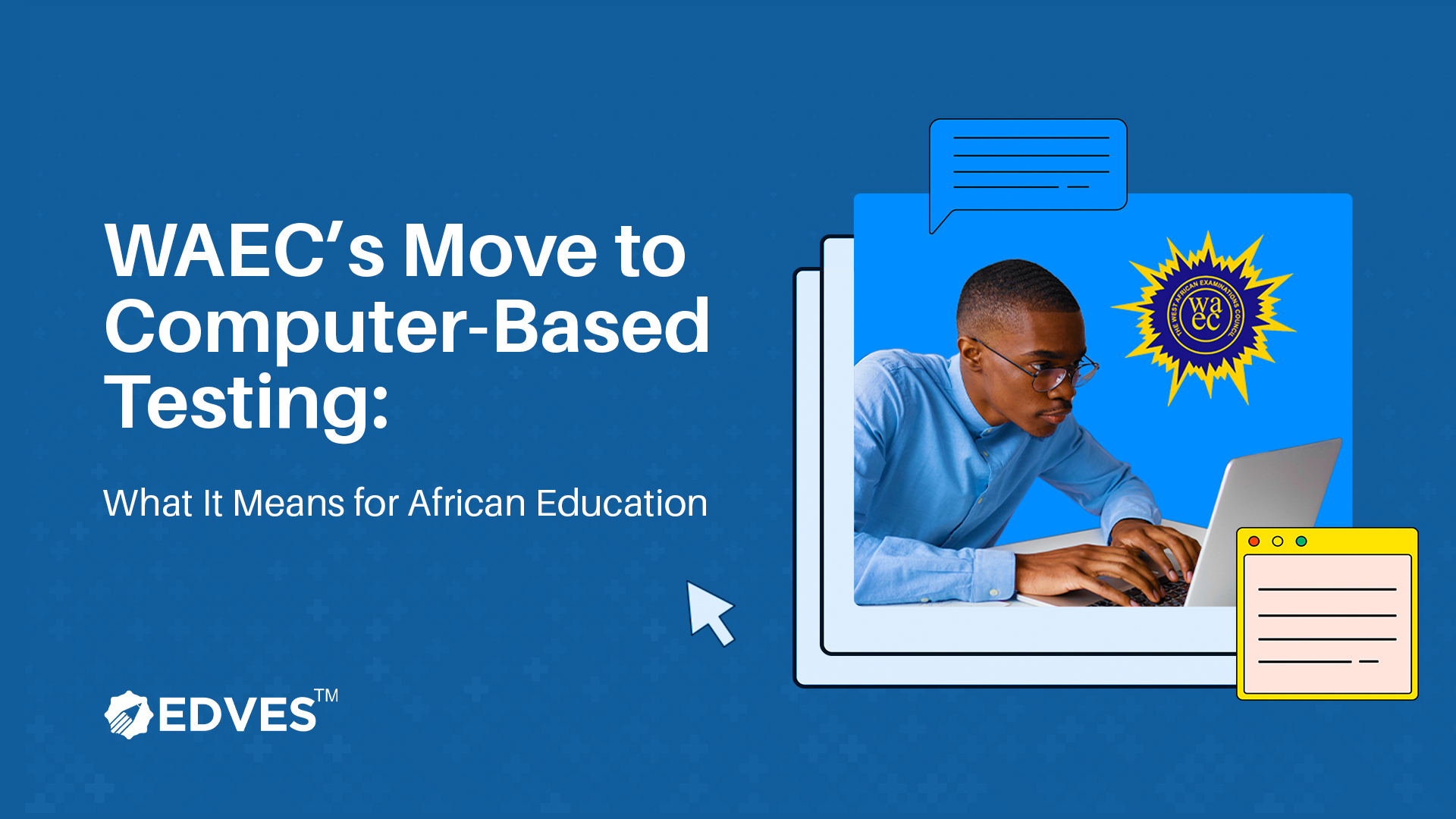Education is not just an expenditure but a strategic investment that can significantly contribute to national development.
Africa, the second-largest continent spanning about one-fifth of the Earth's land surface, boasts immense natural resources, from fossil fuels to precious metals. Despite this wealth, many African nations often rank low in economic indicators, with GDP per capita frequently falling below $5200 per year for a majority of the population.
This economic disparity has led to high levels of extreme poverty, malnutrition, and various health challenges, especially among children. The continent faces hurdles such as low human development, as highlighted by the United Nations' Human Development Index in 2009, where 22 out of 24 nations with "Low Human Development" were in Sub-Saharan Africa.
In the face of these challenges, investing in education emerges as a beacon of hope. Education is not just an expenditure but a strategic investment that can significantly contribute to national development. Recent surveys indicate that providing children access to education can boost GDP by an average of 28% per year for lower-income countries and 18% per year for high-income countries over the next 80 years.
Benjamin Franklin's timeless wisdom resonates: "An Investment in Knowledge pays the best interest." Education, particularly in higher stages, becomes a catalyst for growth, fostering innovation, skills development, and prosperity.
For Africa, investing in education can yield multifaceted benefits:
- Structuring Democracy: Education enhances political awareness, empowering individuals to make informed choices in civic responsibilities, contributing to a well-structured democracy.
- Economic Stability: Equipping people with relevant skills enables them to contribute significantly to the nation's economic growth. The ability to produce marketable products can open doors to foreign markets, fostering economic stability.
- Crime Reduction: Research suggests that education reduces crime and violence by elevating income levels, lifting people out of poverty—a significant motivator for criminal activities.
- Catalyst for the Future: Education empowers individuals to make choices that shape a positive future. As John F. Kennedy emphasized, "Let us think of education as the means of developing our greatest abilities," acknowledging the potential to translate personal dreams into collective benefits.
In conclusion, the transformative power of education in Africa cannot be overstated. By addressing the challenges and investing in the intellectual capital of its citizens, Africa can pave the way for sustainable development, innovation, and a brighter future. As we navigate these opportunities, let us remember that education is not just a key—it's the master key to unlocking Africa's true potential.




